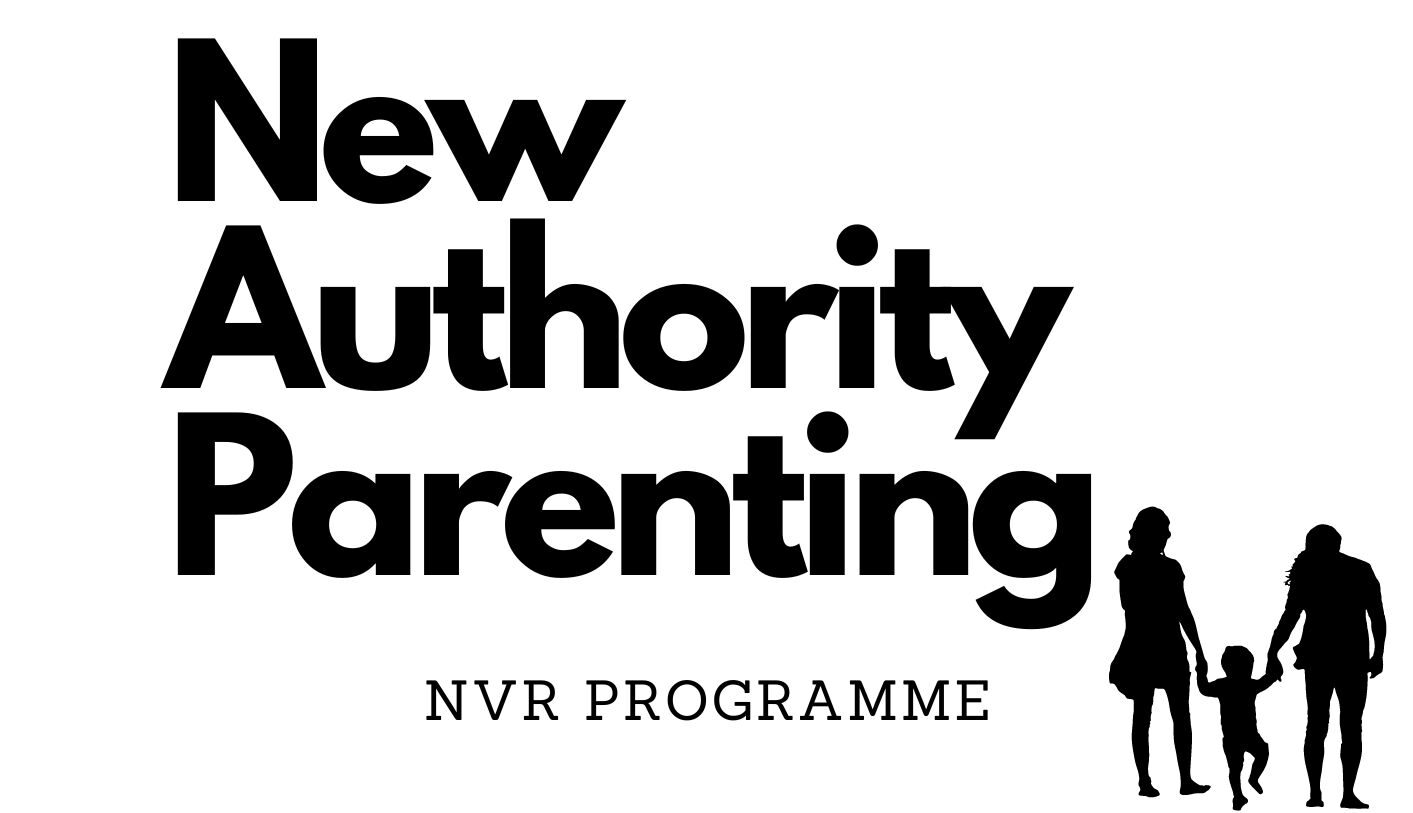Event Recap
On May 8th, from 5:30 pm to 8 pm, Smart D8 teamed up with Tusla – The Child and Family Agency – to host the ‘New Authority Parenting’ workshop in iD8 at The Digital Depot. This event marked the first mental health workshop facilitated by Tusla professionals Heather McLoughlin (CFSN Coordinator) and Lorraine Doherty (Senior CFSN Coordinator) in honour of Mental Health Awareness Month.
Workshop Highlights
By the end of the workshop, which aimed to address child-to-parent violence, participants had a solid understanding of Non Violent Resistance principles and practical techniques.
Child-to-parent violence includes a spectrum of abusive behaviours such as aggression, intimidation, physical violence, controlling tactics, stalking, and financial abuse. In these situations, the child uses violence or the threat of it to disempower the parent, seeking to control or dominate family members.
The Seven Pillars of Non Violent Resistance (NVR)
Participants learned about the seven pillars of NVR:
- De-escalation
- Baskets
- Reconciliation Gestures
- Active Resistance
- Supporters and Self-Care
- Announcements
- Sit-Ins
De-escalation is key to breaking the cycle of conflict. Parents were taught to “press pause,” meaning to control their response without giving in. For instance, calmly stating that the issue will be addressed later when both parties are calm is a strategic withdrawal, not a sign of surrender.
The Role of Regulation in Parenting
Dr. Bruce Perry, a renowned neuroscientist in trauma, emphasizes a three-step process for helping vulnerable children:
- Regulate: Help the child calm their fight/flight/freeze responses.
- Relate: Connect with the child through an attuned and sensitive relationship.
- Reason: Support the child in reflecting, learning, and becoming self-assured.
Establishing Respectful Communication
Parents were encouraged to calmly insist on respectful communication. This strategy helps establish a positive parental presence and fosters a new, healthier relationship dynamic. These actions are not punitive but show commitment to positive interaction.
Breaking Negative Interaction Habits
Over time, families can develop negative interaction habits. In homes with child-to-parent violence, parents might feel restricted by their children. Breaking these habits empowers parents, enhancing their sense of self and reducing feelings of being used.
Building a Support Network
Recognizing or building a support network is crucial. Supporters, who can be family, friends, or trusted individuals, offer practical help in ending violence and aggression at home. They act as witnesses, mediators, or protectors and support the parent’s authority without undermining it.
Acts of Reconciliation
Reconciliation gestures help rebuild the loving parent-child relationship strained by challenging behaviours. These acts of love run parallel to non violent resistance, fostering increased cooperation over time without depending on improved behaviour.
Workshop Goals
The journey through Non Violent Resistance often involves “two steps forward, one step back”. This slow, uneven progress keeps moving in the right direction, maintaining hope through setbacks.
The ultimate aim of the workshop was to help parents and caregivers reflect on their own contributions to aggressive and violent behaviour. By developing de-escalation skills, they learned how to bring about positive and safe changes in the home, creating a more harmonious family environment.

